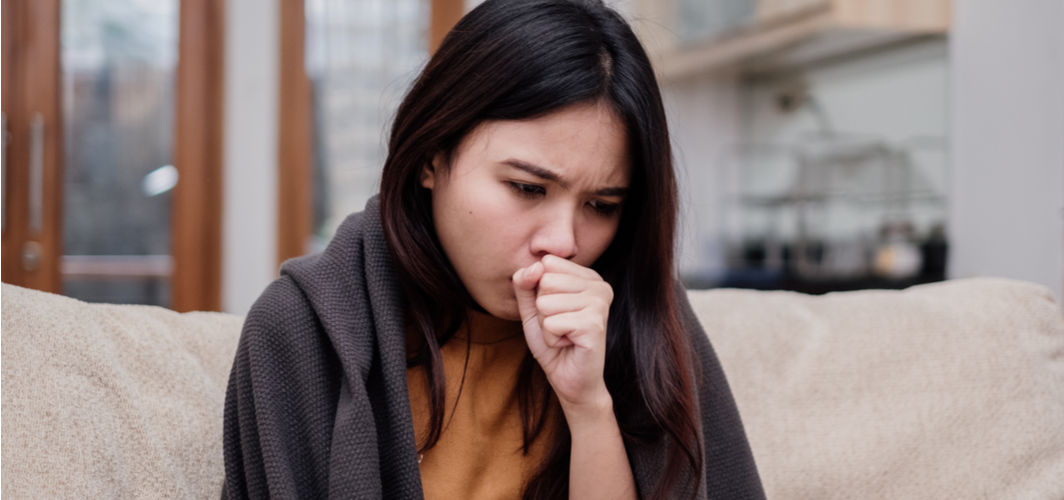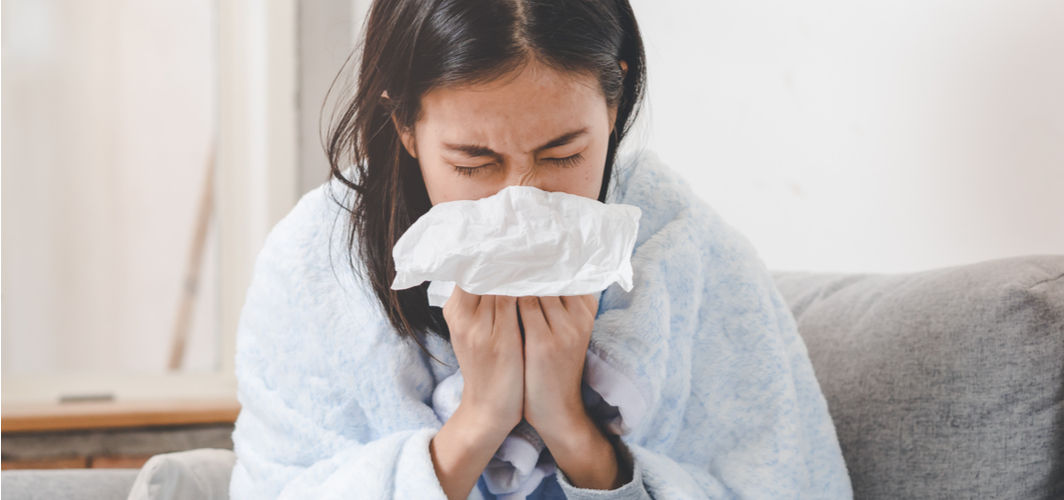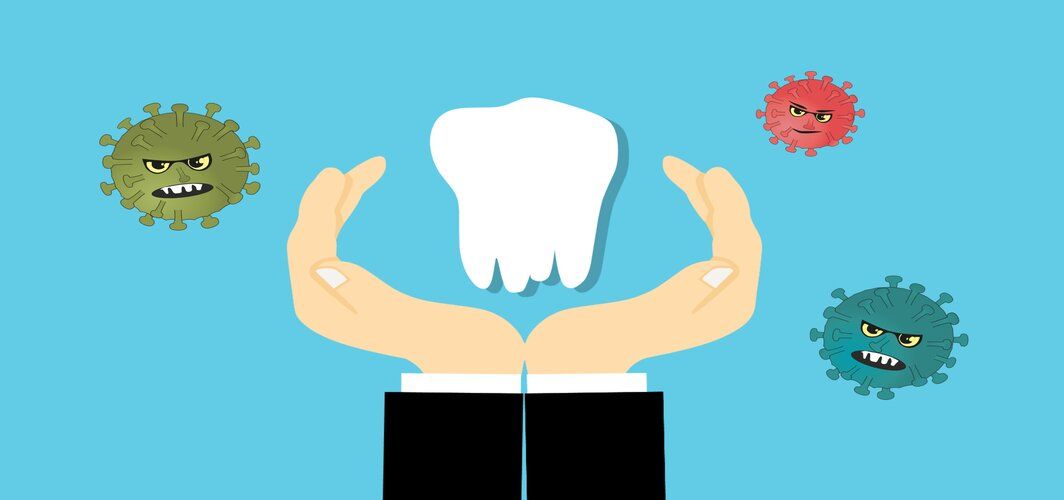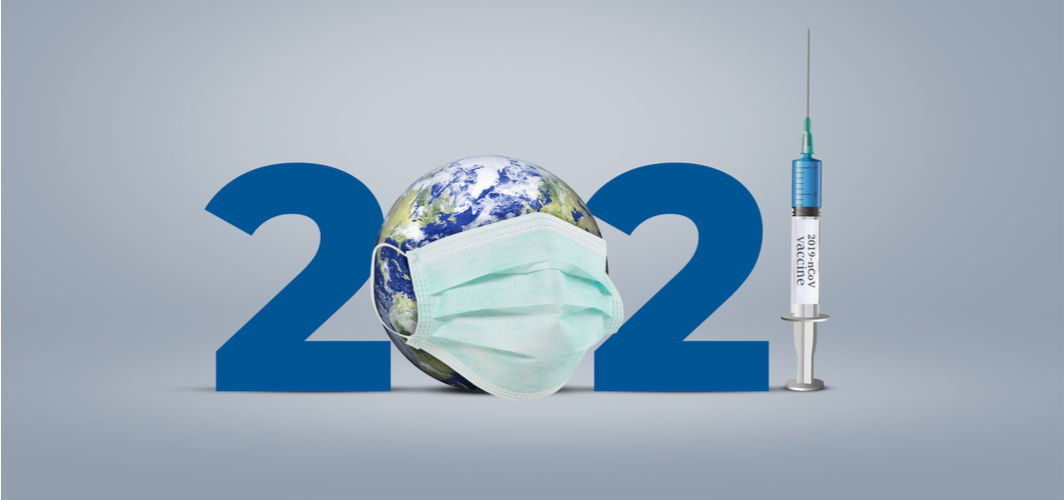Coronavirus Updates
Does COVID-19 Lead to Tuberculosis in Some Patients?
4 min read
By Apollo 24/7, Published on - 08 October 2021, Updated on - 21 January 2023
Share this article
1
63 likes

COVID-19 and tuberculosis are infectious respiratory diseases that primarily affect the lungs. While it is a well-known fact that having chronic respiratory diseases, such as tuberculosis, can significantly increase the risk of severe illness from COVID-19, there is limited evidence yet to prove that coronavirus can also directly trigger an increase in tuberculosis. Despite the lack of conclusive data, a significant rise in the incidence of tuberculosis, especially amongst COVID-19 survivors, is being observed globally.
Some have attributed the rising incidence of tuberculosis to delayed diagnosis during the pandemic. Nevertheless, emerging findings from various studies seem to suggest the possibility of COVID-19 triggering tuberculosis disease in some people. The article explores the connection between Coronavirus and tuberculosis in detail below.
Understanding latent tuberculosis
Tuberculosis disease is caused by a bacteria called Mycobacterium tuberculosis. Interestingly, not everyone infected with these bacteria develops the disease. In many people, the bacteria reside in their bodies without causing illness. This is known as latent tuberculosis infection. In this type of infection, the body can fight the bacteria and stop them from growing. As a result, people with latent tuberculosis usually don’t exhibit any symptoms, don’t experience illness, and can’t spread the bacteria to others.
Often, latent tuberculosis infection never progresses to tuberculosis disease. In such cases, the bacteria may remain dormant for a lifetime without causing illness. Nevertheless, in some people, especially those with a weakened immune system, the bacteria can become active and cause tuberculosis disease. They can also spread the bacteria to others via coughing.
Experts say that mycobacterium tuberculosis is an opportunistic pathogen that often waits for the immune system to become compromised or overwhelmed by other bacterial or viral infections such as HIV or COVID-19.
Can COVID-19 increase the risk of tuberculosis?
Currently, there is no conclusive evidence to prove that COVID-19 can directly contribute to an increased risk of tuberculosis. However, various studies have alluded to the possibility of COVID-19 activating Mycobacterium tuberculosis bacteria in people recovering from COVID-19, potentially leading to a rapid and more serious form of the disease which could lead to severe illness and mortality.
Some studies have attributed the increased risk of tuberculosis to the administration of high doses of corticosteroids to patients with COVID-19. Inappropriately high use of steroids can trigger immunosuppression, which raises the possibility of reactivation of latent tuberculosis. People who have travelled to countries with a high incidence of tuberculosis and contracted drug-resistant TB in its latent form may also be at a higher risk of activating their latent TB because of COVID-19.
Recommended Read: Can Coronavirus have a Damaging Effect on the Heart?
Who are at a higher risk?
It is possible for anyone to contract tuberculosis. However, people with a weakened immune system may be at a higher risk of developing tuberculosis disease following COVID-19 infection. The conditions and medications that may weaken the immune system include:
- Diabetes
- Malnutrition
- Kidney disease
- Certain types of cancers
- HIV/AIDS
- Immunosuppressant drugs
- Cancer treatment (chemotherapy)
Other factors that may increase the risk of tuberculosis following COVID-19 infection include tobacco use, alcohol and/or substance abuse, and close contact with someone infected with tuberculosis.
Recommended Read: How does Coronavirus Affect Cancer Patients?
How to reduce the risk of tuberculosis from COVID-19?
Currently, there is no established treatment protocol to reduce the risk of tuberculosis from COVID-19. Health experts suggest that patients with persistent respiratory symptoms immediately after recovering from COVID-19 should be evaluated for tuberculosis disease. Through systematic screening, it will be possible to detect new tuberculosis cases amongst COVID-19 survivors and begin timely treatment. Patients should also be encouraged to report tuberculosis symptoms to their healthcare provider.
In some cases, physicians may also recommend the administration of the Bacille Calmette-Guerin (BCG) vaccine to protect high-risk groups against tuberculosis. Some experts suggest that patients with COVID-19 be given the antibiotics typically administered to tuberculosis patients to prevent the activation of latent TB. People who are already on tuberculosis medication should mandatorily complete their course. Skipping doses or stopping treatment early on can allow the bacteria to mutate into drug-resistant strains that may be difficult to treat even with the most potent TB drugs.
Conclusion
Although conclusive evidence is yet to be ascertained, experts say that the rising incidence of tuberculosis in COVID-recovered patients may seem to suggest that some people may be at a higher risk of developing tuberculosis following COVID-19 infection. It is suspected that COVID-19 can activate the bacteria in people with latent tuberculosis and cause tuberculosis disease. The risk is especially high for people with weakened immune systems. Patients with persistent respiratory issues immediately after recovering from COVID-19 should report their symptoms to a healthcare provider for timely diagnosis and treatment of tuberculosis.
Coronavirus Updates
Leave Comment
Recommended for you

Coronavirus Updates
How Do We Stay fit during COVID-19?
Staying fit has become even more important during the lockdown as most of are staying indoors. Know how to keep yourself physically fit and what precautions to follow while exercising.

Coronavirus Updates
Florona: Another COVID Variant or a New Viral Infection?
While a surge in Omicron cases has been reported globally, a new viral infection, florona, was detected in Israel. Read on to know what is florona and ways to prevent it.

Coronavirus Updates
How Can Dental Problems Be Managed During COVID-19?
Dentists are facing significant challenges in continuing to provide the necessary oral care as the risk of contracting a Coronavirus infection is significantly higher in a dental setting.
Subscribe
Sign up for our free Health Library Daily Newsletter
Get doctor-approved health tips, news, and more.
Visual Stories

Covid-19 Updates: Are Things Getting Brighter?
Tap to continue exploring
Recommended for you

Coronavirus Updates
How Do We Stay fit during COVID-19?
Staying fit has become even more important during the lockdown as most of are staying indoors. Know how to keep yourself physically fit and what precautions to follow while exercising.

Coronavirus Updates
Florona: Another COVID Variant or a New Viral Infection?
While a surge in Omicron cases has been reported globally, a new viral infection, florona, was detected in Israel. Read on to know what is florona and ways to prevent it.

Coronavirus Updates
How Can Dental Problems Be Managed During COVID-19?
Dentists are facing significant challenges in continuing to provide the necessary oral care as the risk of contracting a Coronavirus infection is significantly higher in a dental setting.